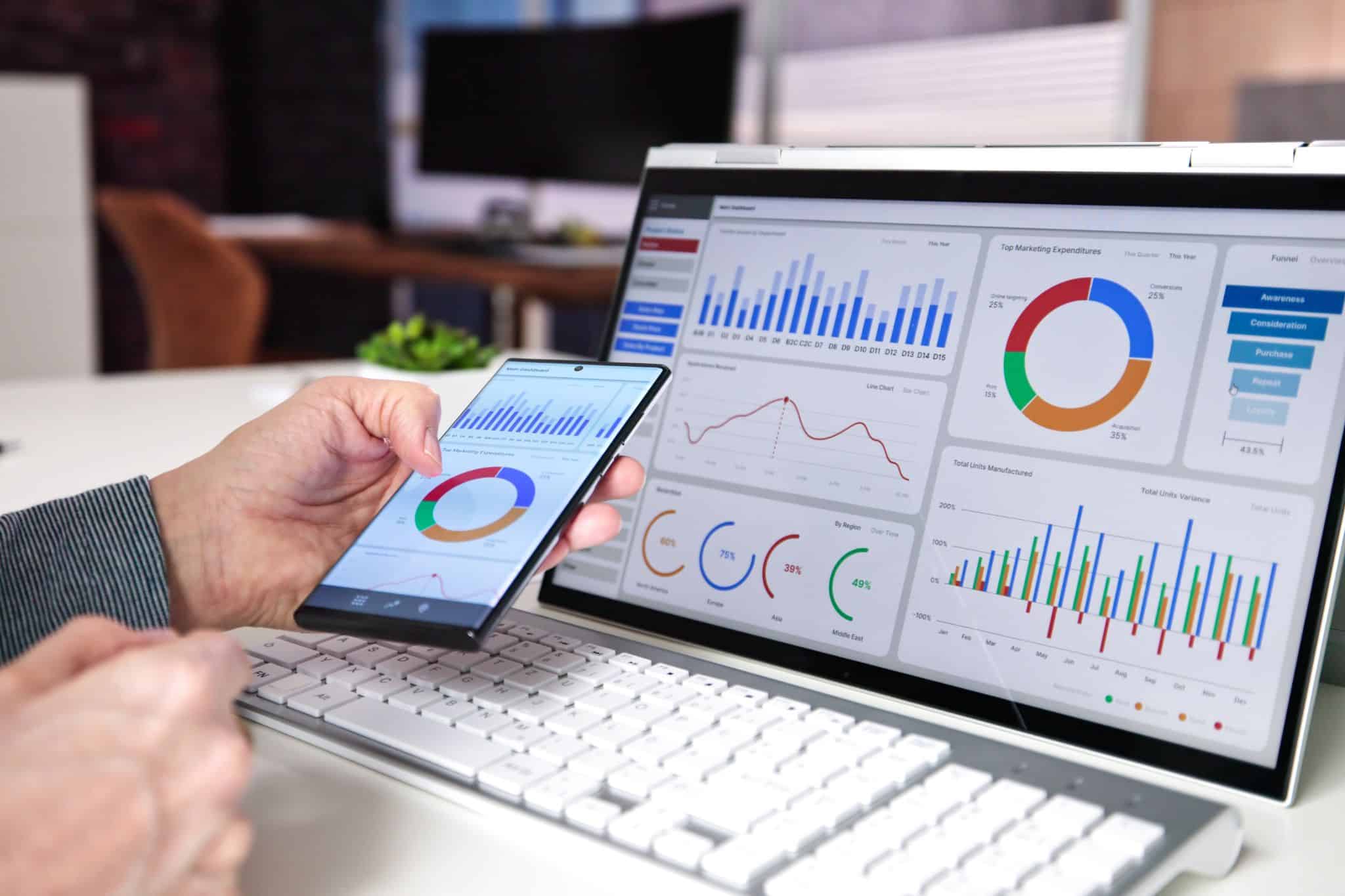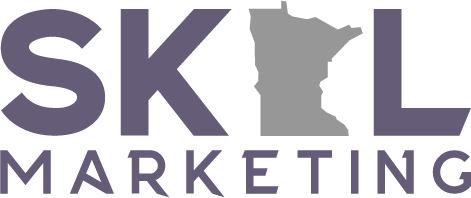
Turn Questions into Customers
Every Google search is a problem looking for a solution – but with so many results, where do you even start? You know that your business offers just what these potential customers are looking for, and paid search engine marketing is your option to skip the line and jump your website straight to the top of the results. With the right paid ads, your customers can go from “huh?” to “aha!” more easily than ever before.

Why Skol Marketing?
SEM (Search Engine Marketing) can have a high pay off, but you don’t want to waste your budget on ads that don’t convert – you’ve got smarter ways to spend your hard-earned money. Skol Marketing is an ad agency in Minneapolis started by former Google employees that know search engine advertising inside and out: whether you’re running ads on Google, Amazon, Bing, or another platform, our experts are committed to building digital ad campaigns that build your business and support your goals.


The Right Ads for the Right Eyes
Any PPC agency can set up ads on Google, but a good pay-per-click campaign will adapt to focus on what works. The beauty of paid ads is that they’re the most trackable marketing tool in your arsenal – if you track your conversions and adapt your ads to what works, the ads ultimately pay for themselves (and then some!). Skol Marketing is your partner for paid ads – we follow the data, and we hold ourselves accountable to your goals and the success of your business.
This means we utilize tools like A/B testing, landing page optimization, and other creative solutions to find which ads are converting into quality leads. Those terms mean nothing to you? Even more reason to let us do what we do best – and manage your budget wisely to make sure you’re only spending money on advertisements that benefit your business.



